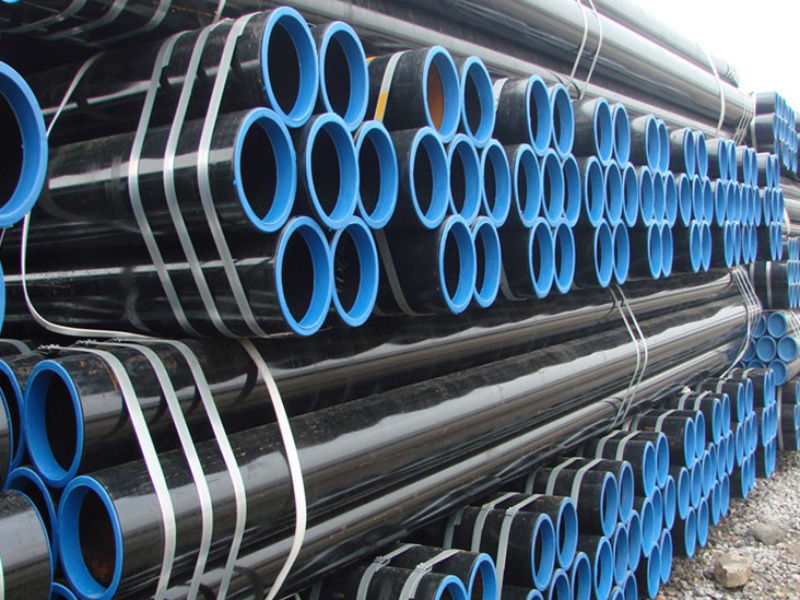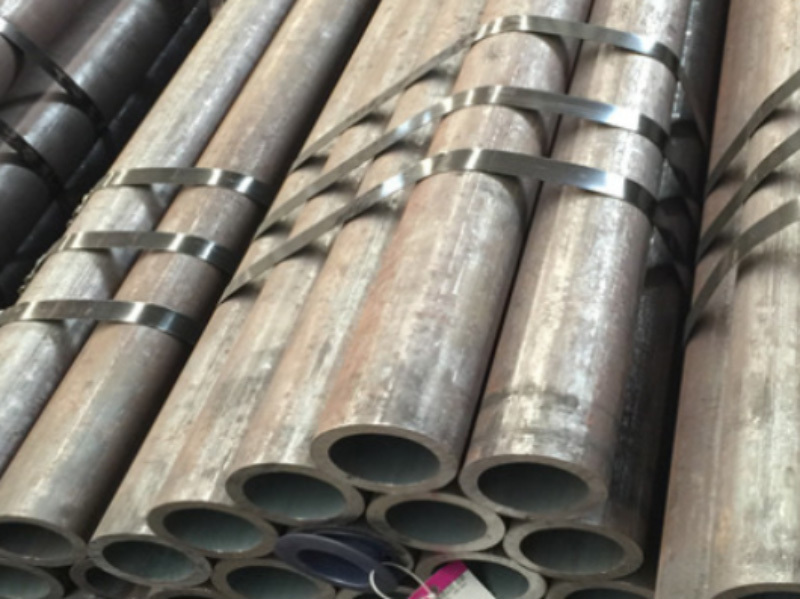Leading Smls Pipe and fittings supplier from China since 1991
The Essential Guide to API Line Pipes in Automotive Applications
API line pipes are crucial components in the automotive industry, particularly in the oil and fluid transportation sectors. They are designed to meet specific standards set forth by the American Petroleum Institute (API), which ensures that these pipes can withstand high pressures and harsh environments. In the context of automotive applications, API line pipes are primarily used for transferring
Jul 15,2025

API line pipes are crucial components in the automotive industry, particularly in the oil and fluid transportation sectors. They are designed to meet specific standards set forth by the American Petroleum Institute (API), which ensures that these pipes can withstand high pressures and harsh environments. In the context of automotive applications, API line pipes are primarily used for transferring oil and other fluids, making them vital for the proper functioning of various vehicle systems.
One of the key features of API line pipes is their durability. Constructed from high-quality materials, these pipes are designed to resist corrosion, wear, and tear. This is particularly important in automotive applications where exposure to extreme conditions, such as fluctuating temperatures and aggressive fluids, is common. By using API line pipes, manufacturers can ensure that their vehicles operate efficiently and reliably over time.
In terms of specifications, API line pipes are available in various grades and sizes, each tailored for specific applications. The grading system indicates the pipe's strength and suitability for different pressures, which is essential for ensuring safety and performance. For automotive applications, it is crucial to select the appropriate grade of API line pipe to match the intended use, whether it be for fuel delivery, lubrication systems, or hydraulic applications.
Another significant advantage of API line pipes is their compatibility with different types of fittings and connectors, which is essential for seamless integration into existing systems. This versatility allows automotive manufacturers to design systems that are both efficient and easy to maintain. Furthermore, the standardization of API line pipes simplifies the replacement process, enabling quicker repairs and reducing vehicle downtime.
The use of API line pipes also contributes to improved performance and efficiency in automotive systems. By facilitating a smooth flow of oil and fluids, these pipes help maintain optimal operating temperatures and ensure that all components receive adequate lubrication. This not only enhances the longevity of the vehicle but also improves fuel efficiency and reduces emissions, aligning with modern automotive trends towards sustainability.
In conclusion, API line pipes are indispensable to the automotive industry, particularly in the realm of oil and fluid transportation. Their strength, durability, and compatibility make them ideal for various applications, ensuring the safe and efficient operation of vehicles. By understanding the importance of API line pipes, automotive professionals can make informed decisions that enhance the performance and reliability of their products.
One of the key features of API line pipes is their durability. Constructed from high-quality materials, these pipes are designed to resist corrosion, wear, and tear. This is particularly important in automotive applications where exposure to extreme conditions, such as fluctuating temperatures and aggressive fluids, is common. By using API line pipes, manufacturers can ensure that their vehicles operate efficiently and reliably over time.
In terms of specifications, API line pipes are available in various grades and sizes, each tailored for specific applications. The grading system indicates the pipe's strength and suitability for different pressures, which is essential for ensuring safety and performance. For automotive applications, it is crucial to select the appropriate grade of API line pipe to match the intended use, whether it be for fuel delivery, lubrication systems, or hydraulic applications.
Another significant advantage of API line pipes is their compatibility with different types of fittings and connectors, which is essential for seamless integration into existing systems. This versatility allows automotive manufacturers to design systems that are both efficient and easy to maintain. Furthermore, the standardization of API line pipes simplifies the replacement process, enabling quicker repairs and reducing vehicle downtime.
The use of API line pipes also contributes to improved performance and efficiency in automotive systems. By facilitating a smooth flow of oil and fluids, these pipes help maintain optimal operating temperatures and ensure that all components receive adequate lubrication. This not only enhances the longevity of the vehicle but also improves fuel efficiency and reduces emissions, aligning with modern automotive trends towards sustainability.
In conclusion, API line pipes are indispensable to the automotive industry, particularly in the realm of oil and fluid transportation. Their strength, durability, and compatibility make them ideal for various applications, ensuring the safe and efficient operation of vehicles. By understanding the importance of API line pipes, automotive professionals can make informed decisions that enhance the performance and reliability of their products.
Hot Tags:
PREVIOUS:






